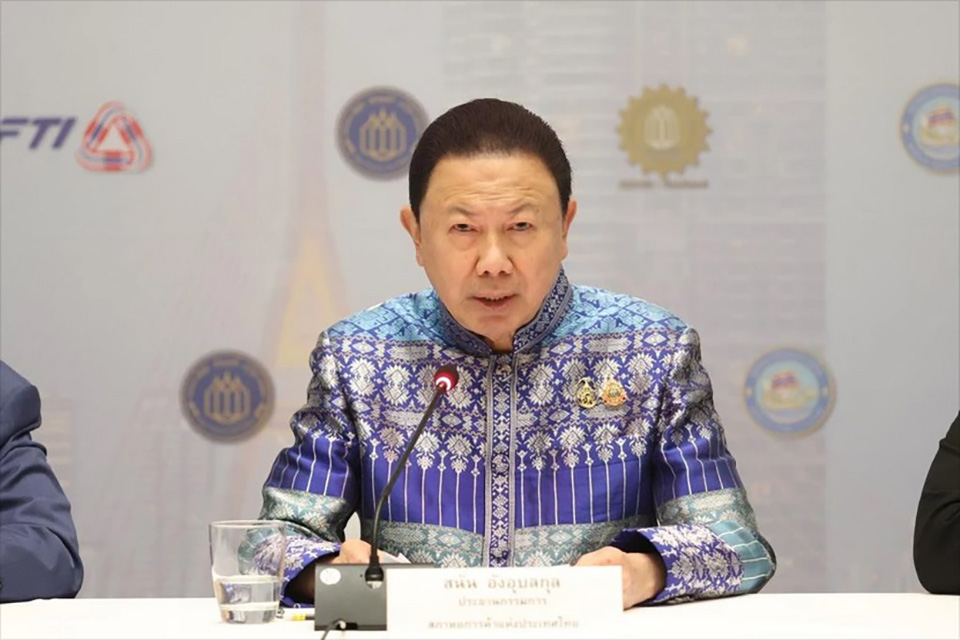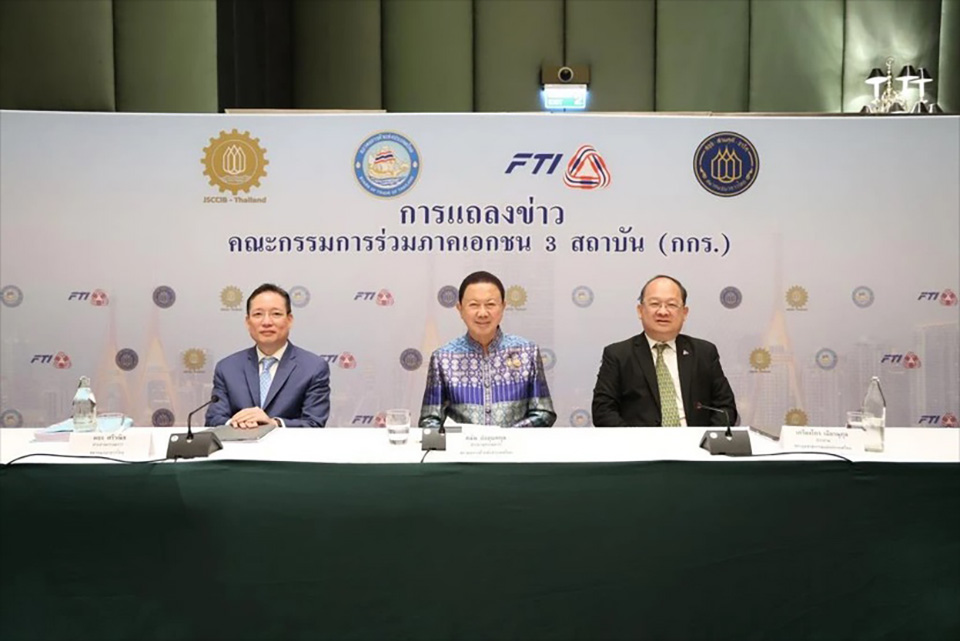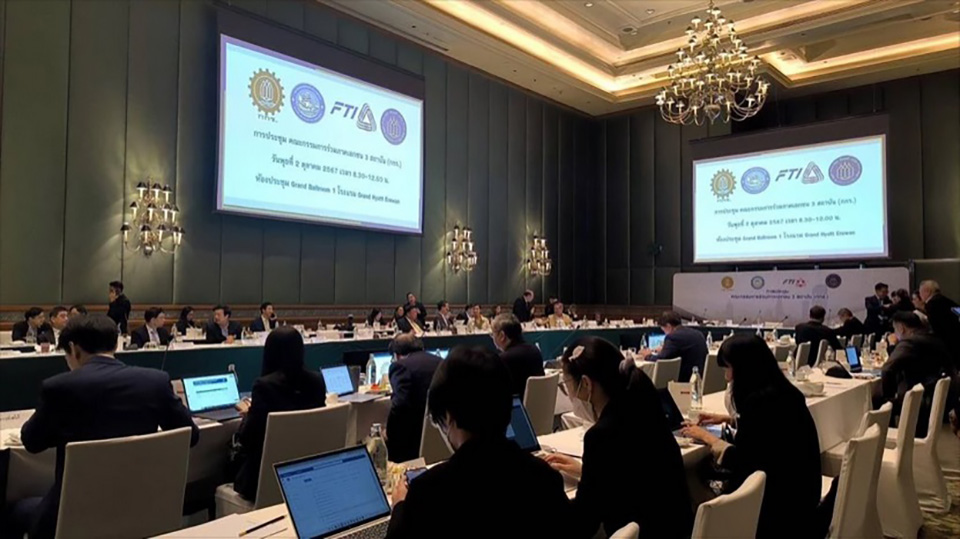
BANGKOK, Thailand – The Joint Standing Committee on Commerce, Industry, and Banking (JSCCIB) has expressed concerns over the rapid appreciation of the Thai baht, which has strengthened by 12% in the past three months, now standing at 32.30 baht per dollar from 36.80 baht. This significant increase has put pressure on the export sector and could negatively impact competitiveness, especially for agricultural and food products that rely heavily on domestic raw materials.
During a meeting led by Mr. Sanan Angubolkul, Chairman of the Thai Chamber of Commerce, the committee highlighted that if the baht continues to strengthen, exporters could see their revenue decrease by approximately 180 to 250 billion baht. The committee emphasized the need for proactive measures to manage the currency’s value to prevent further volatility and its detrimental effects on businesses.
The JSCCIB also urged the Bank of Thailand (BoT) to consider lowering interest rates, which are currently expected to drop by at least 0.25% within this year, and potentially by another 0.25% to 0.50% next year. Such adjustments could provide swift relief to the real sector. Furthermore, the committee called for a review of the inflation target framework in collaboration with the Ministry of Finance, aiming for levels that align with the country’s economic potential and structure.
Moreover, the JSCCIB expressed concerns about the potential for new storms affecting Thailand in the fourth quarter of 2024, which could lead to significant flooding and estimated damages ranging from 30 to 50 billion baht. The committee underscored the importance of effective communication to help businesses adapt to changing economic conditions and manage the impact of the strong baht, ensuring that the benefits of a stronger currency, such as reduced import costs, are effectively passed on to the production sector and the public.










